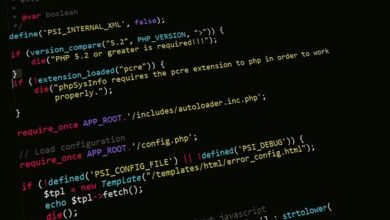Telecom Privacy and Oversight Mike: 8558204009, 6053336205, 8655460256, 8663781537, 18339554516, 7402809052

In today’s digital age, telecom privacy isn’t just a buzzword; it’s a necessity. Phone numbers can expose personal information and are often targets for identity theft and spoofing. As companies navigate the regulatory landscape, understanding how these frameworks protect your data is crucial. But are these measures enough to safeguard your privacy? The evolving risks suggest you might need to take additional steps to ensure your information remains secure.
The Importance of Telecom Privacy in Today’s Digital Landscape
As our reliance on digital communications grows, understanding telecom privacy becomes crucial.
You must prioritize data protection and ensure that your user consent is respected.
In a landscape where personal information is often exploited, staying informed empowers you to safeguard your privacy.
Understanding the Risks Associated With Phone Numbers
While many people underestimate the risks associated with their phone numbers, these digits can reveal a wealth of personal information when mishandled.
Phone number spoofing can lead to identity theft, as fraudsters exploit your number to impersonate you. Protecting this information is crucial; a single misstep can compromise your privacy and freedom.
Stay vigilant and safeguard your phone number against potential threats.
Regulatory Frameworks and Their Role in Oversight
Regulatory frameworks play a critical role in overseeing telecom privacy, ensuring that companies handle personal data responsibly.
By enforcing regulatory compliance, these frameworks establish essential oversight mechanisms that protect consumer rights. They create standards for data handling, fostering transparency and accountability.
As a result, you can trust that your personal information is safeguarded against misuse, promoting a culture of privacy and respect in the telecom industry.
Strategies for Enhancing Telecom Privacy and Security
To enhance telecom privacy and security, companies must adopt a multifaceted approach that integrates advanced technologies with robust policies.
Implementing strong encryption techniques protects data during transmission, while regular updates safeguard against vulnerabilities.
Additionally, prioritizing user education empowers individuals to recognize threats and make informed choices.
Conclusion
In today’s digital world, safeguarding telecom privacy is crucial to protecting personal information. Consider a hypothetical scenario where a phone number is spoofed, leading to identity theft and financial loss for the victim. This underscores the need for robust regulatory frameworks and proactive security measures. By staying informed and adopting best practices, you can enhance your privacy and contribute to a more secure telecom environment. Trust is built through transparency, and every step counts in safeguarding your data.





